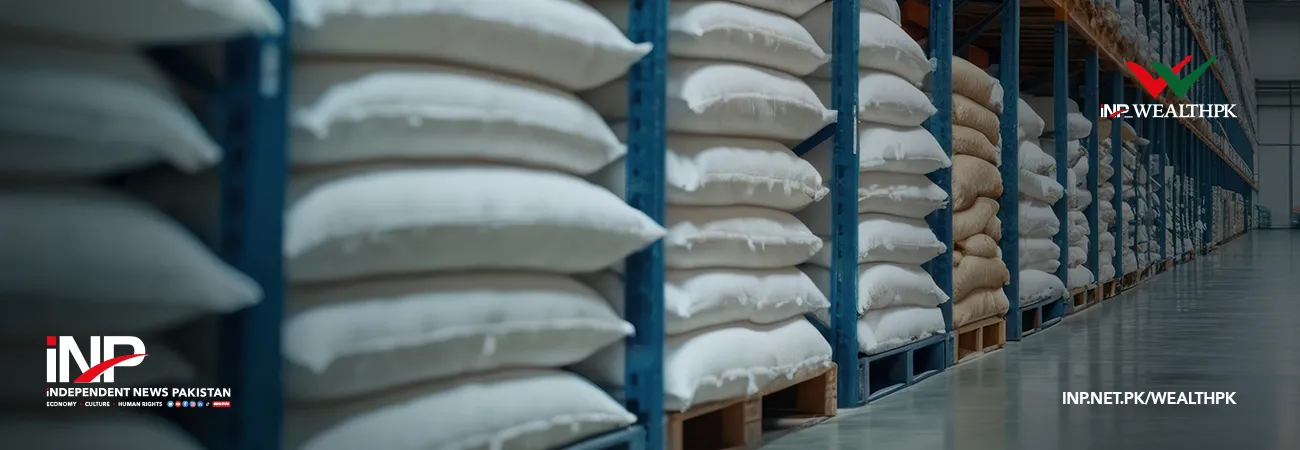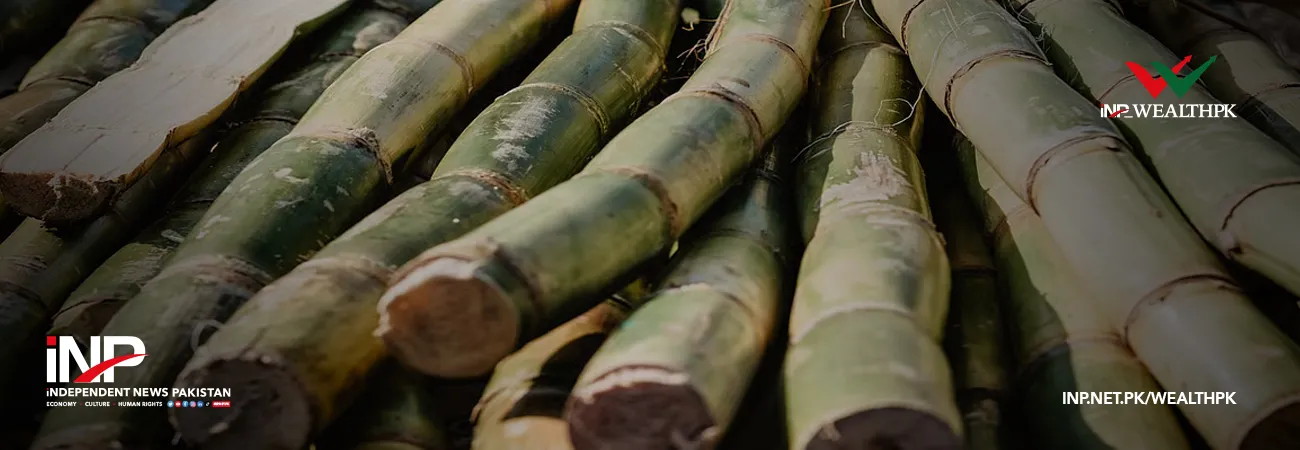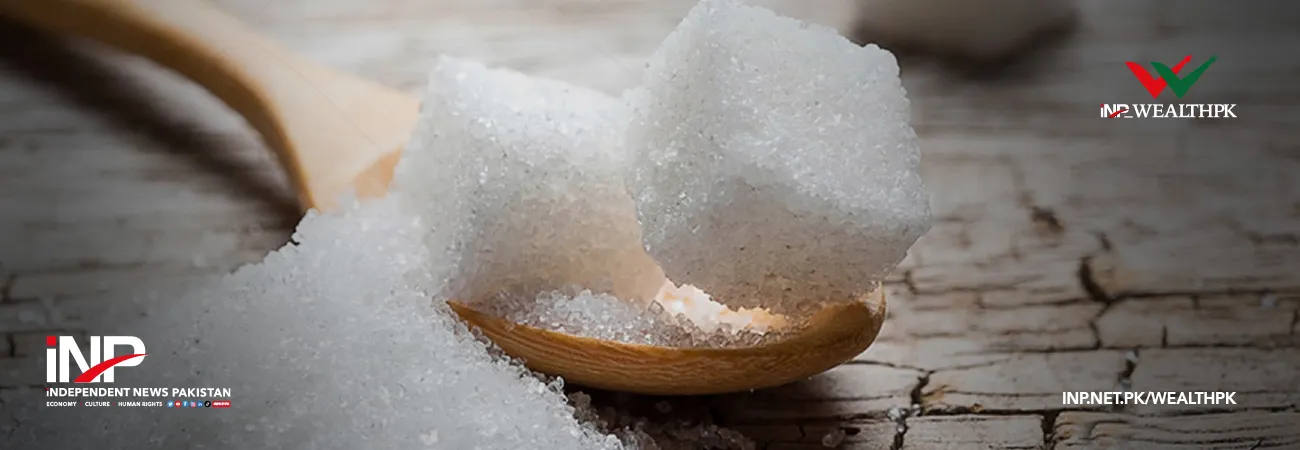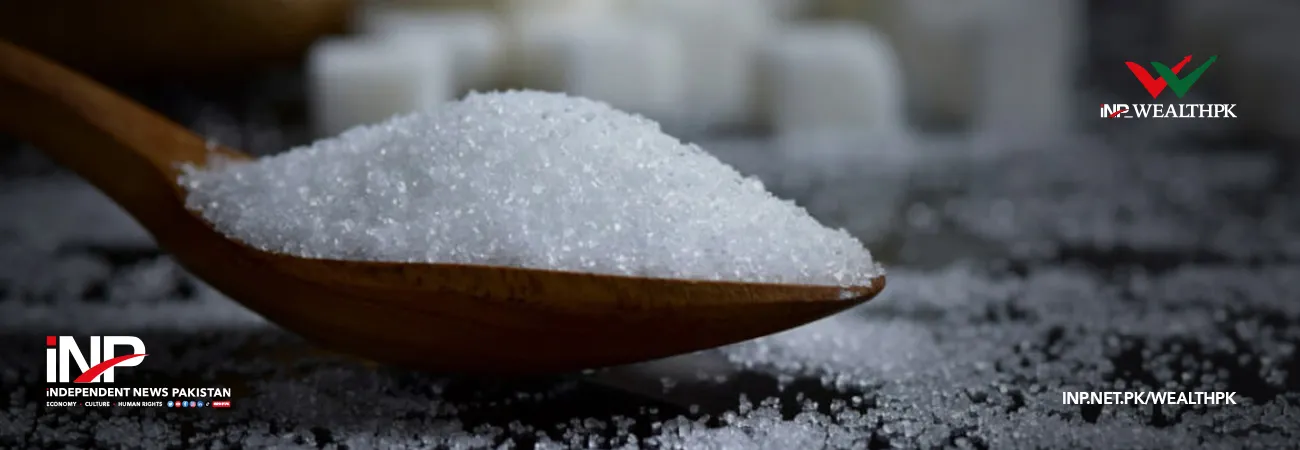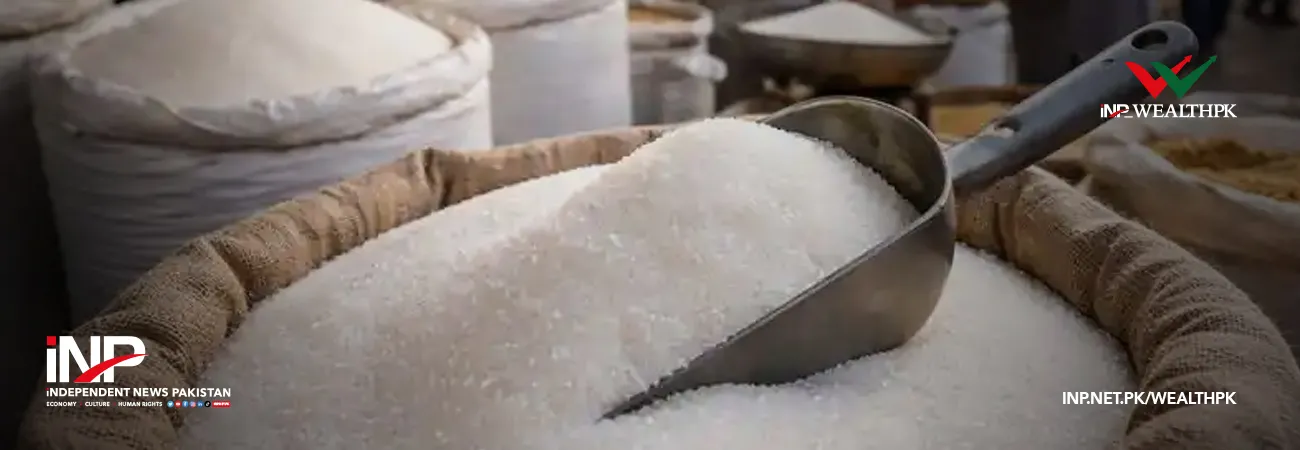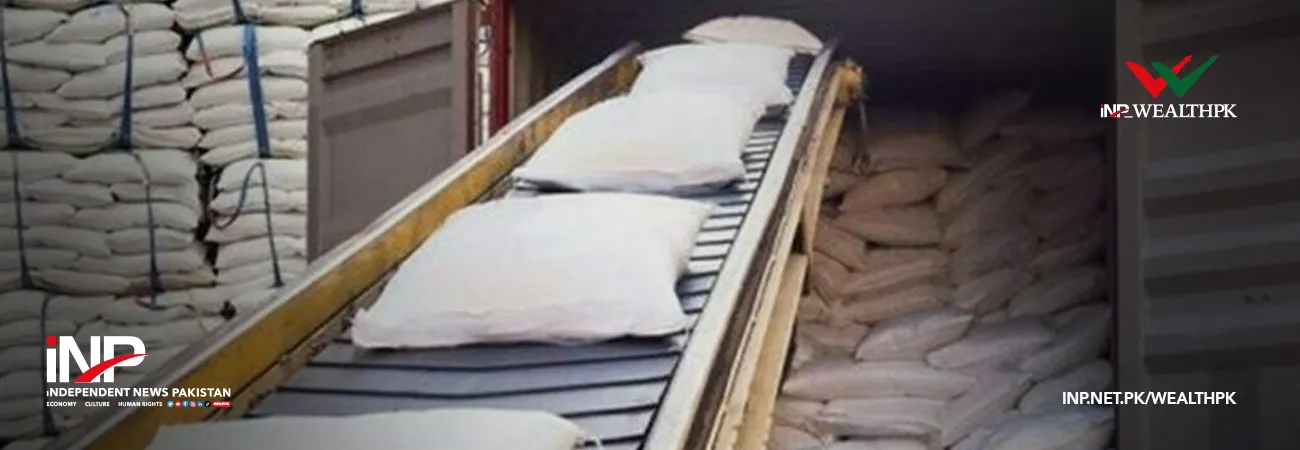INP-WealthPk
By Muskan Naveed
Islamabad, Nov 01 (INP-WealthPK): Pakistan now has a current account deficit of $1.5 billion and while decreasing imports can hurt the industrial sector, the growing remittances alone are not sufficient to fill the balance of payments gap. Hence, a focus on increasing export competitiveness can help Pakistan come out of the current deficit and move on the road towards economic recovery.
Export performance of Pakistan
The balance of payments has been one of the major deficiencies of the Pakistani economy. The current account has sustained a deficit for around a decade – with a short period in surplus during the first eleven months of 2020-2021.
An overview of exports over the past decade reveals that exports have stayed stagnant near the $20 billion mark. While the high imports have been regarded as the root cause of the current account deficit, it is important to note that Pakistan is largely an agrarian country. Pakistan has been actively working on its industrial sector and imports play a vital role in that. Equipment and machinery accounts for a major chunk of the exports which are ultimately used in the enhancement of industries.
 The remittances have also been growing gradually thanks to the government’s Roshan Digital Account initiative and other policies designed to bring remittances into the formal economy. Hence, the only alternative left to curtail the staggeringly high current deficit is through exports.
Challenges faced by exporters
Pakistan ranked at 110 out of 141 countries in the Global Competitiveness Index in 2019. The ranking of Pakistan is well below all South Asian countries. A breakdown of the individual competitiveness indices revealed that Pakistan performed its worst in trade openness with a rank of 138 out of 141. Some of the other areas where Pakistan is lacking per indices are ICT adoption, skills, domestic credit to private sector and utility infrastructure with rankings above 110.
The Government’s protectionist policies have caused a decline in competition between domestic firms. This contributes to the overall decline of industries in the international market. Around 30% of the manufacturing sector – industries like petroleum, iron & steel, fertilizer and sugar – are heavily protected by the government. The complex and opaque tax regime further enhances the government’s protectionist stance.
The exchange rate has been artificially overvalued by previous governments. This has resulted in expensive exports and cheaper imports – decreasing the export competitiveness of Pakistani goods in the global market. However, the current government has moved towards a market-based exchange rate which is expected to help improve the situation.
According to research by the World Bank, unpredictable energy tariffs have played a crucial role in harming the export competitiveness of Pakistan. Volatile shifts in the rates of utilities have caused distortions in cashflows of exporting entities and has also caused the costs of businesses to skyrocket – making them uncompetitive when compared to competitor economies like India and Bangladesh.
Way forward
International trade is an important policy tool for economic growth. Increasing export competitiveness is not just an effective tool to curb the balance of payment deficit, but it is also a catalyst for economic growth of Pakistan as it is one of the few ways through which the reserve currency is injected into the country.
The economy of Pakistan is moving towards industrialization with the government paying increasing focus on increasing the ease of doing business in the country. With more than 60% of the population of Pakistan below the age of 30 and a rising trend of entrepreneurship, the country has a lot of potential to boost its export competitiveness.
The government plays a vital role in enhancing export competitiveness and a revision of some policies may be the need of the hour. Protectionism – while an appropriate policy at a certain time – may be doing more harm than good to the domestic industries of Pakistan. Various initiatives of the government to develop skills of the workforce are a step in the right direction.
The remittances have also been growing gradually thanks to the government’s Roshan Digital Account initiative and other policies designed to bring remittances into the formal economy. Hence, the only alternative left to curtail the staggeringly high current deficit is through exports.
Challenges faced by exporters
Pakistan ranked at 110 out of 141 countries in the Global Competitiveness Index in 2019. The ranking of Pakistan is well below all South Asian countries. A breakdown of the individual competitiveness indices revealed that Pakistan performed its worst in trade openness with a rank of 138 out of 141. Some of the other areas where Pakistan is lacking per indices are ICT adoption, skills, domestic credit to private sector and utility infrastructure with rankings above 110.
The Government’s protectionist policies have caused a decline in competition between domestic firms. This contributes to the overall decline of industries in the international market. Around 30% of the manufacturing sector – industries like petroleum, iron & steel, fertilizer and sugar – are heavily protected by the government. The complex and opaque tax regime further enhances the government’s protectionist stance.
The exchange rate has been artificially overvalued by previous governments. This has resulted in expensive exports and cheaper imports – decreasing the export competitiveness of Pakistani goods in the global market. However, the current government has moved towards a market-based exchange rate which is expected to help improve the situation.
According to research by the World Bank, unpredictable energy tariffs have played a crucial role in harming the export competitiveness of Pakistan. Volatile shifts in the rates of utilities have caused distortions in cashflows of exporting entities and has also caused the costs of businesses to skyrocket – making them uncompetitive when compared to competitor economies like India and Bangladesh.
Way forward
International trade is an important policy tool for economic growth. Increasing export competitiveness is not just an effective tool to curb the balance of payment deficit, but it is also a catalyst for economic growth of Pakistan as it is one of the few ways through which the reserve currency is injected into the country.
The economy of Pakistan is moving towards industrialization with the government paying increasing focus on increasing the ease of doing business in the country. With more than 60% of the population of Pakistan below the age of 30 and a rising trend of entrepreneurship, the country has a lot of potential to boost its export competitiveness.
The government plays a vital role in enhancing export competitiveness and a revision of some policies may be the need of the hour. Protectionism – while an appropriate policy at a certain time – may be doing more harm than good to the domestic industries of Pakistan. Various initiatives of the government to develop skills of the workforce are a step in the right direction.




